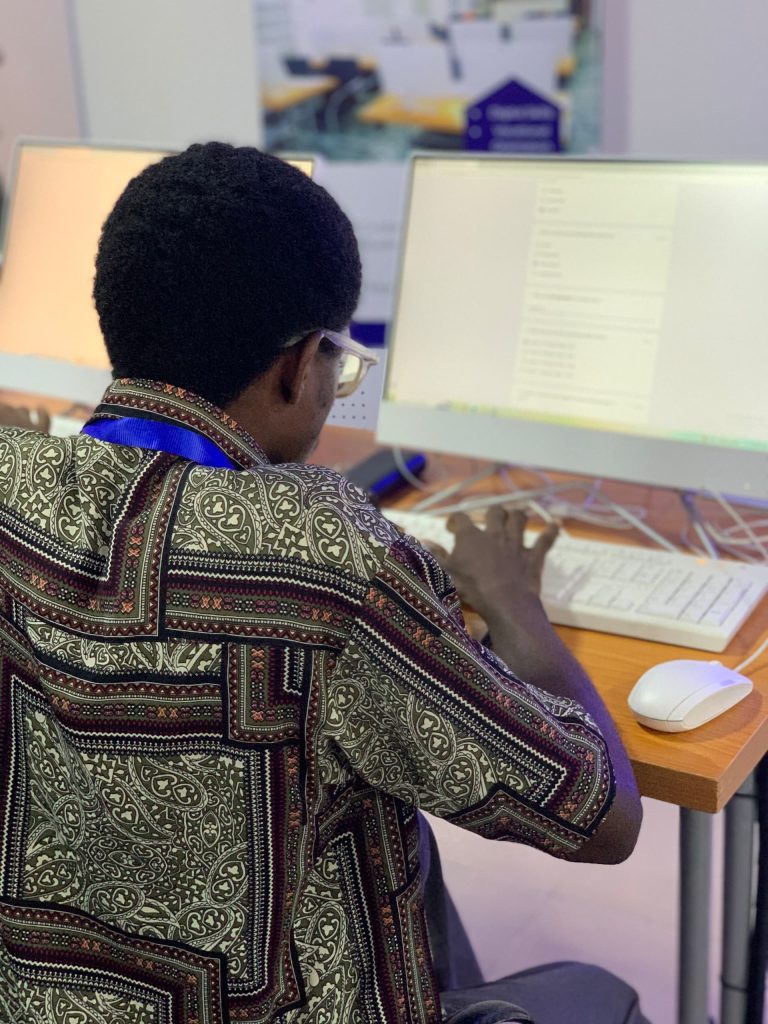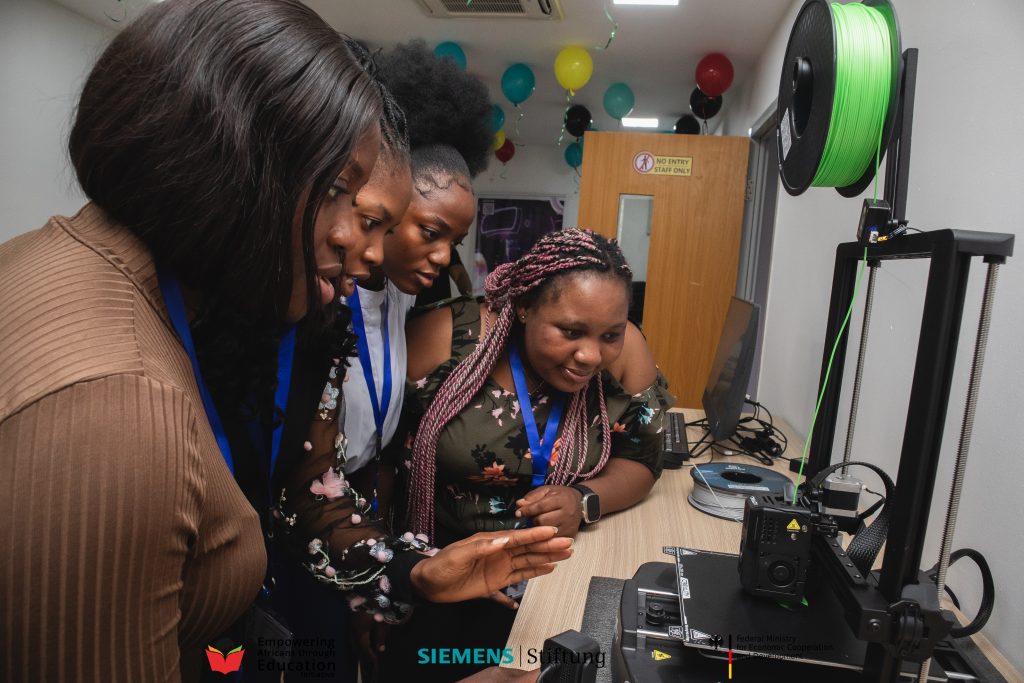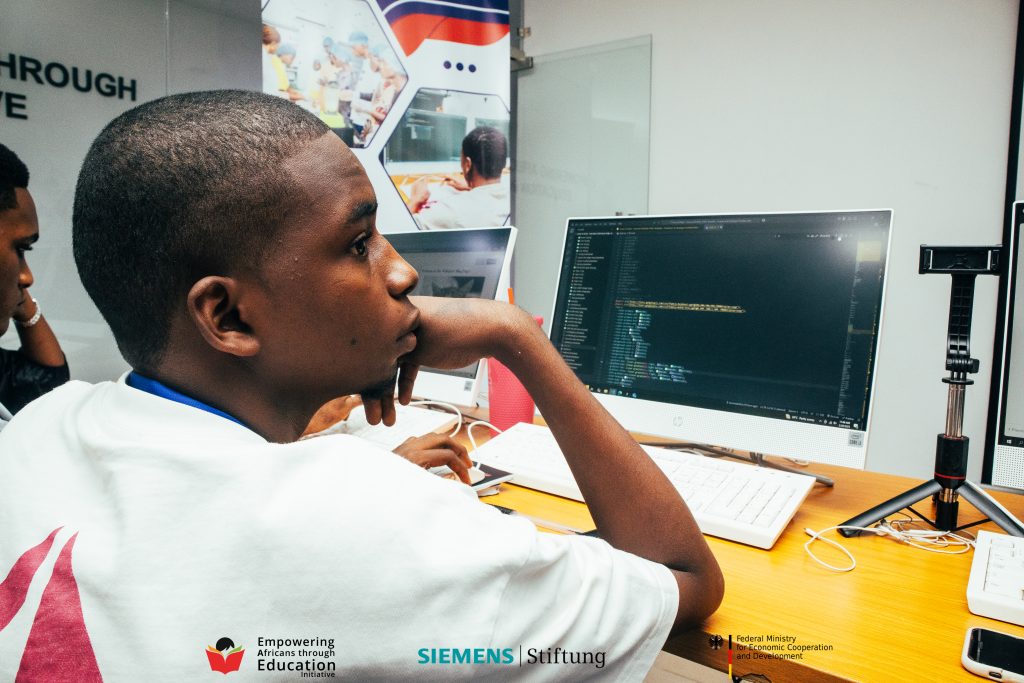Degree vs. Skills: What Employers Really Want in 2025

In the past, earning a degree was seen as the golden ticket to landing a good job. But in 2025, the conversation is shifting. More than ever, the job market is asking a different question:
“What can you do?” — not just “What do you know?”
The Shift in Hiring Trends
Over the past few years, we’ve seen a steady change in employer preferences. According to the 2025 Talent Outlook Report by the World Economic Forum, 60% of employers now prioritize practical skills over academic qualifications, especially for entry-level and digital roles.
Global companies like Google, Apple, and IBM, as well as several African startups, have adopted skills-first hiring models. This means removing degree requirements from job listings and focusing instead on a candidate’s ability to solve problems, adapt quickly, and apply knowledge in real-world situations.
Why Degrees Alone Aren’t Enough
Don’t get it wrong—degrees still have value. They reflect commitment, discipline, and foundational knowledge. For fields like medicine, law, and engineering, a formal degree remains non-negotiable.
But having a degree alone no longer guarantees employment. Why? Because many graduates are leaving school without the practical skills employers need.
In fact, a 2024 Jobberman survey revealed that 6 in 10 Nigerian graduates lack the skills required for job readiness. That’s a major gap—and it helps explain why so many educated young people are unemployed or underemployed.





Bridging the Skills Gap: What You Can Do
Whether you’re a fresh graduate, still in school, or considering a career pivot, here’s how to stay competitive:
1. Learn In-Demand Skills
Start with core skills like:
- Digital literacy
- Communication
- Problem-solving
Then choose a focus area—tech, marketing, design, finance—and go deeper. Leverage learning platforms such as:
- Coursera
- LinkedIn Learning
- Google Digital Garage
2. Build, Don’t Just Learn
Reading is great. Doing is better. Apply your skills through:
- Internships
- Volunteering
- Side projects
- Freelance gigs
3. Create a Portfolio
Showcase what you’ve built—apps, designs, articles, websites, or case studies. Employers love to see proof of what you can do.
4. Stay Curious
The workplace is evolving fast. With emerging technologies, AI, and new tools reshaping industries, continuous learning is the only way to stay relevant.
In this new world of work, skills and not just degrees alone open doors. The good news? Skills can be learned, practiced, and improved, regardless of where you come from or what you studied.
This is exactly why programs like Be-MINT, powered by the Empowering Africans through Education Initiative, are so critical. Be-MINT equips young people in high-demand digital, soft, and vocational skills. It goes beyond theory by providing hands-on experience and even internship placements for top performers.
Through Be-MINT, young Africans are not just gaining employable skills—they’re building confidence, and taking control of their futures. In a job market that demands action and ability, Be-MINT is preparing young individuals who can boldly say:
“I’m ready—and I can deliver.”